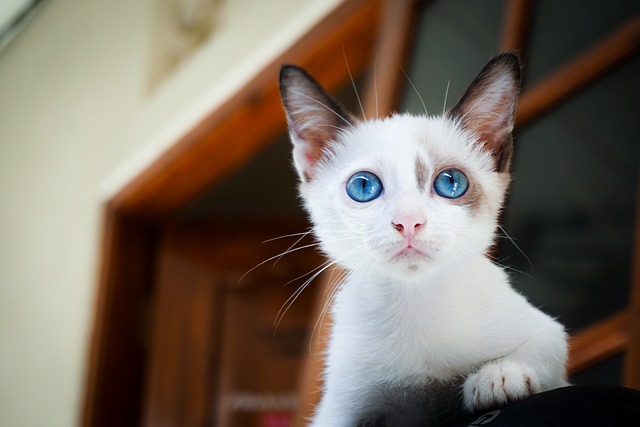
Essential Vaccines Every Cat Should Get
Vaccination is one of the most important steps in keeping your cat healthy and protected against serious diseases. Just like humans, cats rely on vaccines to build immunity and avoid illnesses that could otherwise be life-threatening or easily spread to other animals. Whether you’ve just adopted a kitten or are caring for an adult cat, understanding which vaccines are essential can help you make informed decisions about your pet’s long-term health. Vaccines are typically divided into two categories: core vaccines, which are recommended for all cats, and non-core vaccines, which are given based on the cat’s lifestyle, location, or risk of exposure.
One of the most critical core vaccines is the one that protects against rabies, a fatal disease that affects the nervous system and can spread to humans. Most countries legally require cats to be vaccinated against rabies, even if they are indoor-only pets. Another essential core vaccine is the FVRCP vaccine, which is a combination shot protecting against feline viral rhinotracheitis, calicivirus, and panleukopenia. These are highly contagious viruses that can cause respiratory infections, mouth ulcers, and even deadly gastrointestinal disease. Kittens typically begin receiving these shots at around six to eight weeks of age and need boosters as they grow, followed by regular updates throughout adulthood.
Non-core vaccines may be recommended based on your cat’s lifestyle. For example, if your cat goes outdoors or interacts with other cats, your veterinarian may suggest the feline leukemia (FeLV) vaccine. FeLV is a viral infection that weakens the immune system and can lead to anemia, cancer, or chronic infections. While it’s not necessary for every cat, it’s strongly advised for kittens and outdoor or multi-cat households. Another optional vaccine is the Bordetella vaccine, which may be recommended for cats that are boarded frequently or exposed to high-risk environments like shelters.
Vaccine schedules can vary slightly depending on your cat’s age and health, but most cats receive their first round of vaccinations as kittens, with booster shots every few weeks until they’re about four months old. After the initial series, booster shots are generally given annually or every three years, depending on the vaccine type and your vet’s guidance. It’s important to maintain these schedules even for indoor cats, as certain viruses can be carried into the home on clothing, shoes, or other pets.
Side effects from vaccines are usually mild, such as slight swelling at the injection site, mild fever, or temporary tiredness. Serious reactions are rare but should be reported to your vet immediately if they occur. Keeping a record of all vaccinations and staying on schedule ensures your cat remains protected year-round, especially as they age and their immune system naturally weakens.
Regular veterinary visits, including wellness exams and vaccine updates, are essential parts of preventive care. Vaccines don’t just protect your individual cat — they help reduce the spread of contagious diseases within the broader pet community. By keeping your cat vaccinated, you’re contributing to a safer, healthier environment for all animals.
Making sure your cat receives the essential vaccines is a simple but powerful way to show love and responsibility as a pet owner. With timely vaccinations and proper veterinary care, you can give your cat the best chance at a long, healthy, and happy life.
